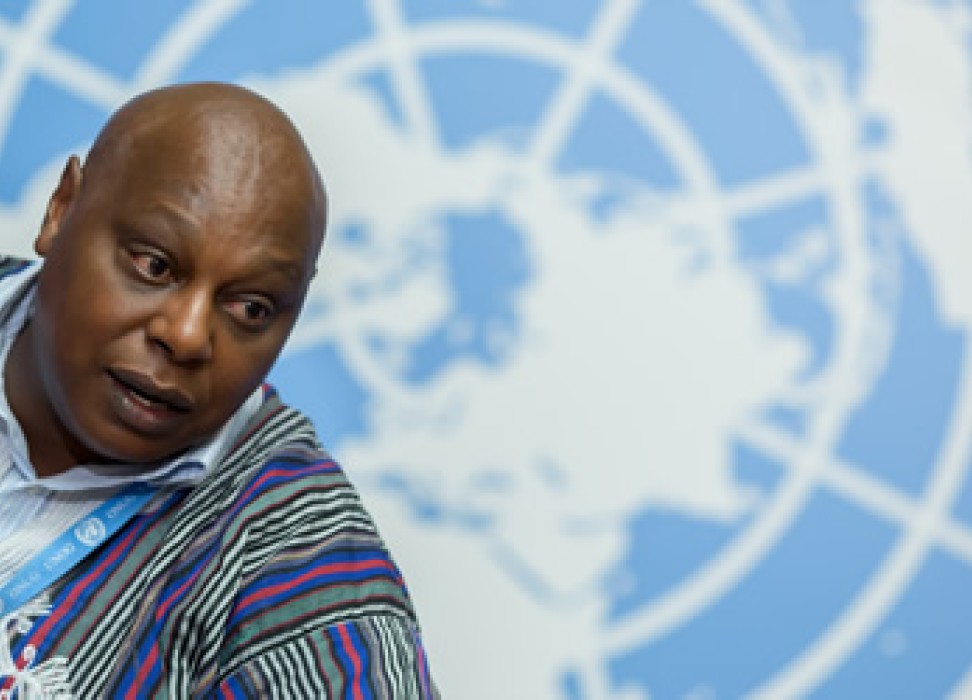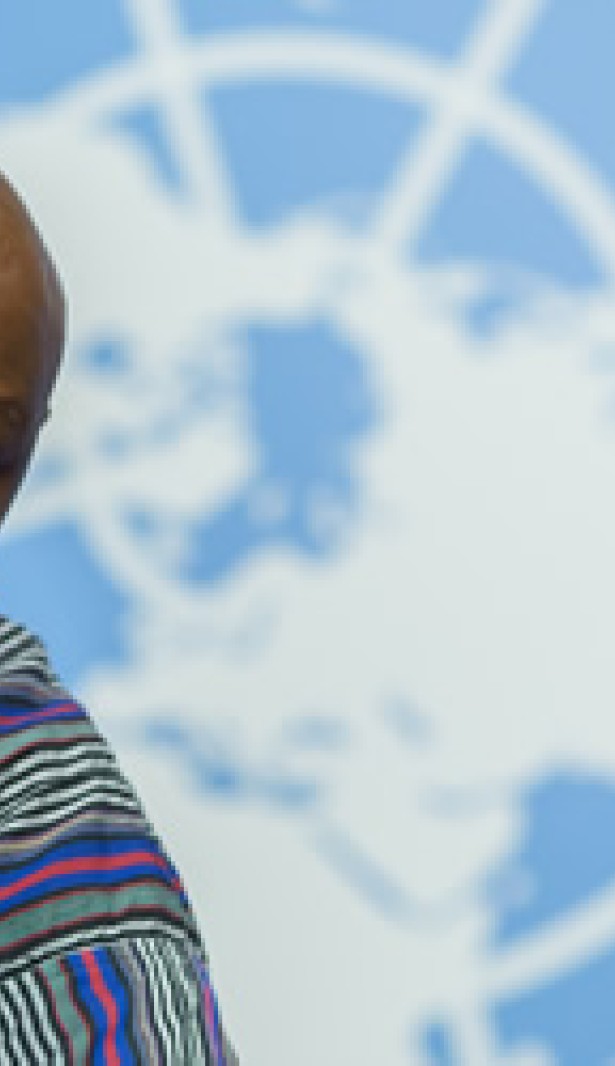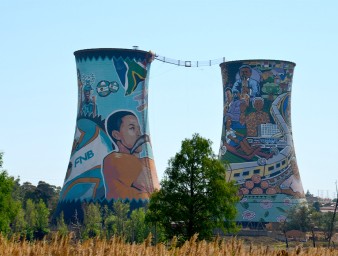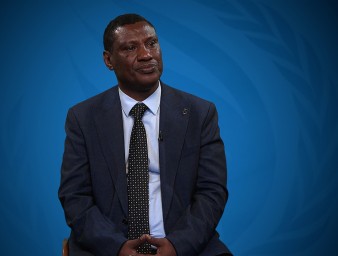“A struggle between tolerance and intolerance”
23 June 2016

In his last report, the Special Rapporteur on the rights to peaceful assembly and association, Maina Kiai, highlights the adverse impact on public dissent of different forms of fundamentalism.
“Peaceful assembly and association rights are so fundamental in part because of their crucial role in promoting pluralism. They provide a platform for all people – especially those at the margins – to mobilize, organize, and work towards change in a peaceful manner,” the expert said. “Unfortunately, these rights are under threat in many parts of the world today.”
During the presentation of his report to the Human Rights Council in Geneva, Kiai pointed out that the world was witnessing a “struggle between tolerance and intolerance,” which was undermining States’ democratic stability and forcing people on the margins to resort to violence for their voices to be heard.
“The people of the world speak some 7,000 languages, practice 270 major religions, live in 193 UN Member States and belong to thousands of cultures. But we share only one planet,” the Special Rapporteur said. “We will not always agree. But tolerance towards our differences is the only way to make sure that they do not boil over into violence, oppression and conflict.”
For Kiai, fundamentalism should be understood as any movement that advocates for the dogmatic adherence to a set of basic beliefs or principles “that leave no space for difference.”
He first described “free market fundamentalism” which States such as Australia and Canada are promoting in the name of economic and financial stability by enacting laws that silence those opposed to the primacy of commercial profit.
Political fundamentalism requires dogmatic adherence to official parties or allegiance to certain political leaders. Kiai recalled that the core purpose of the rights to assembly and associate was to preserve people’s ability to peacefully express their grievances with political leaders.
“This may pose a threat to the Government’s hold on power, but this should not be confused with a threat to the State itself. The former is democracy at work; the latter is how autocracies work,” he said.
The Special Rapporteur also pointed out that religious fundamentalism today was regularly witnessed through violent extremism, which was one of several dangers posed by this form of fundamentalism. Kiai stressed that major religions such as Buddhism, Christianity, Hinduism, Islam and Judaism are all facing this problem.
He also expressed concern at “fundamentalist-influenced” States that restrict people’s ability to practice the religion of their choice. “Atheism is effectively illegal in 19 States and punishable by death in 13 of those,” he added.




